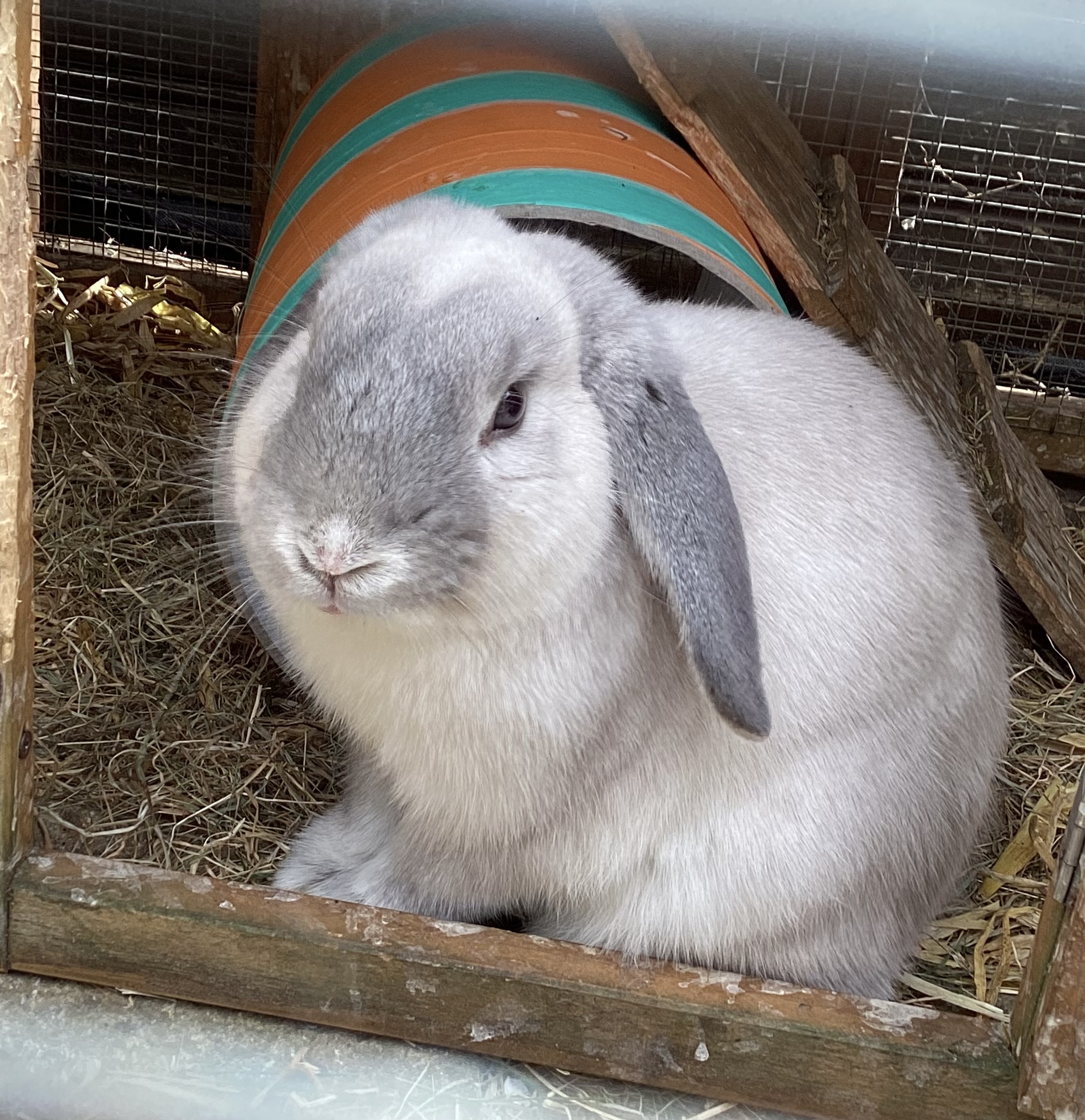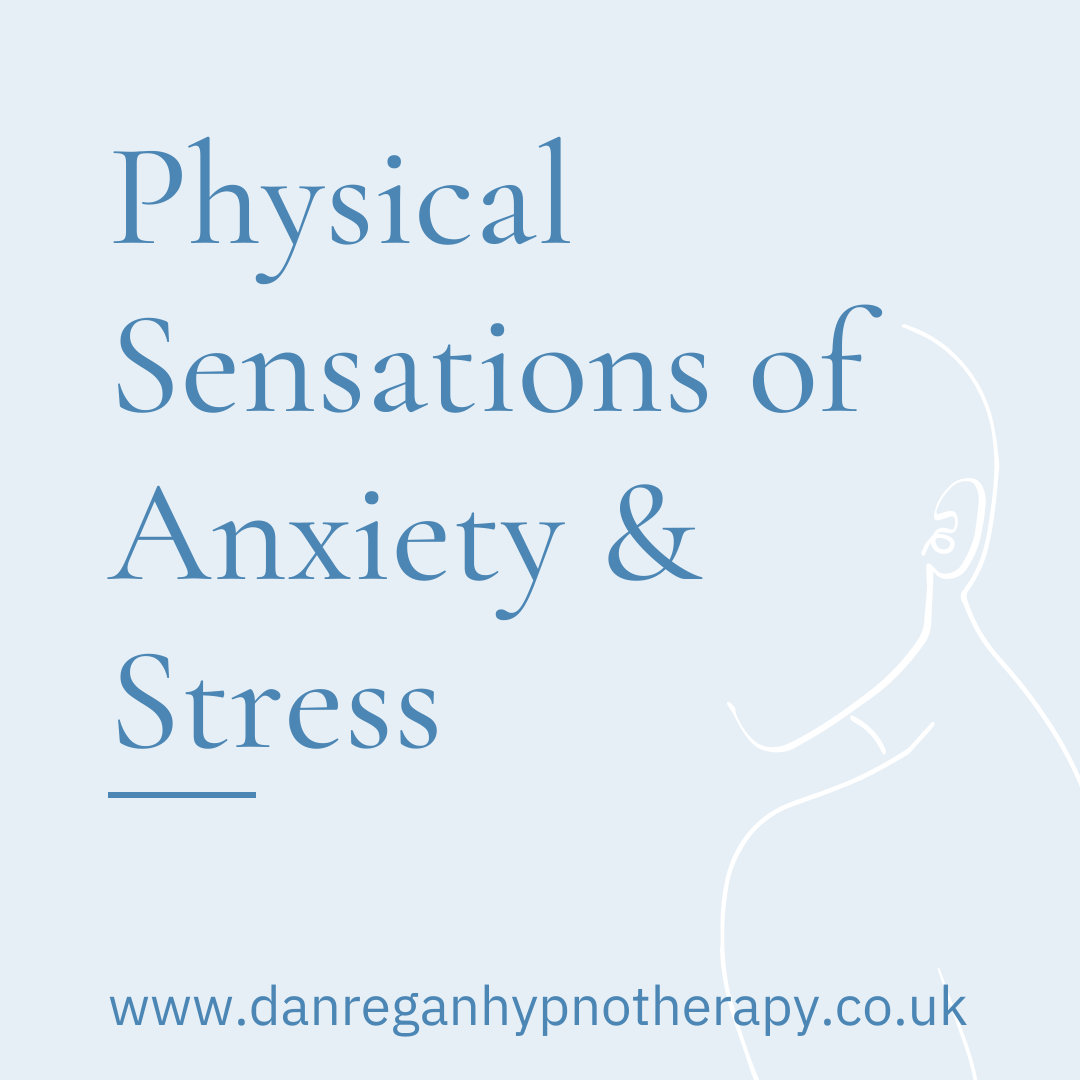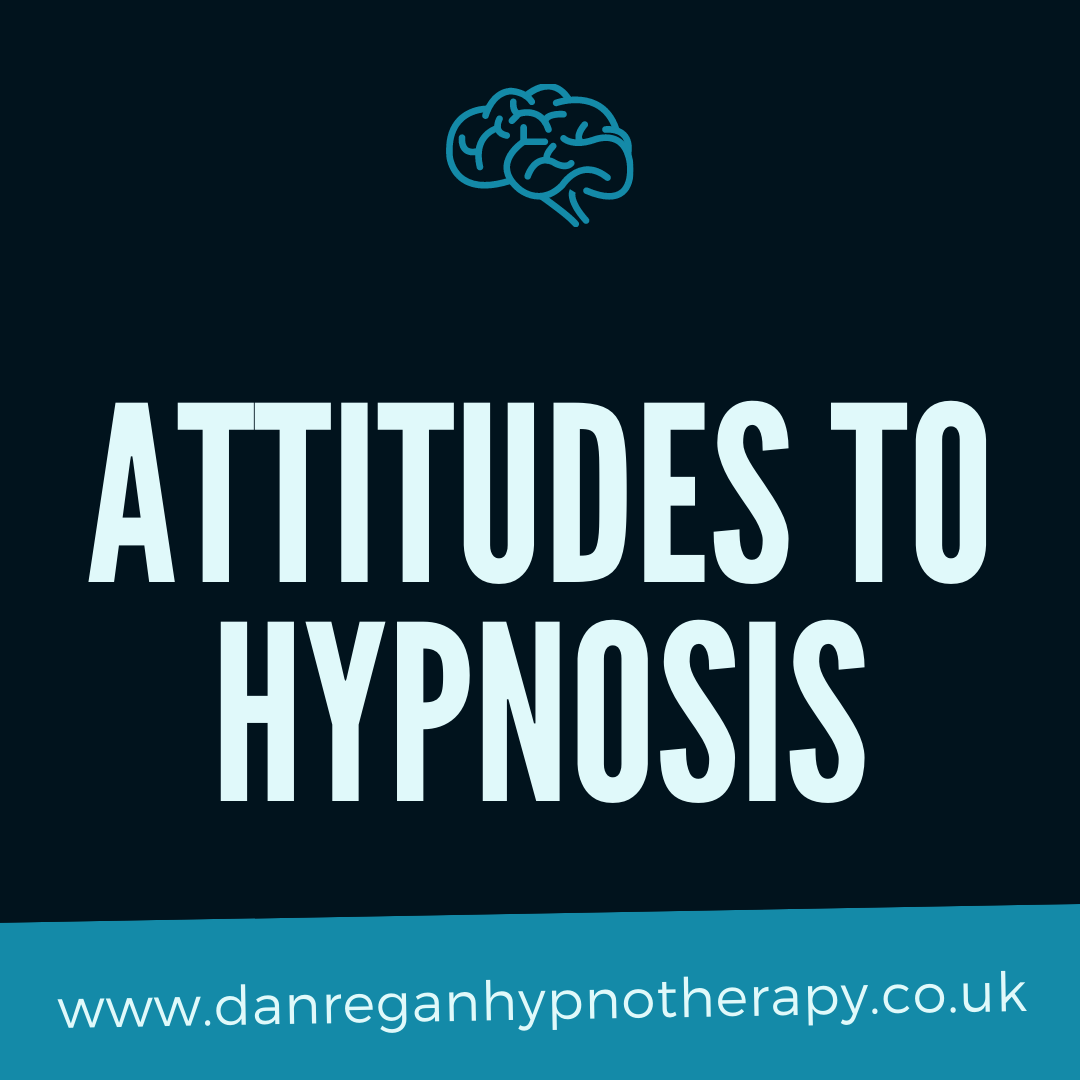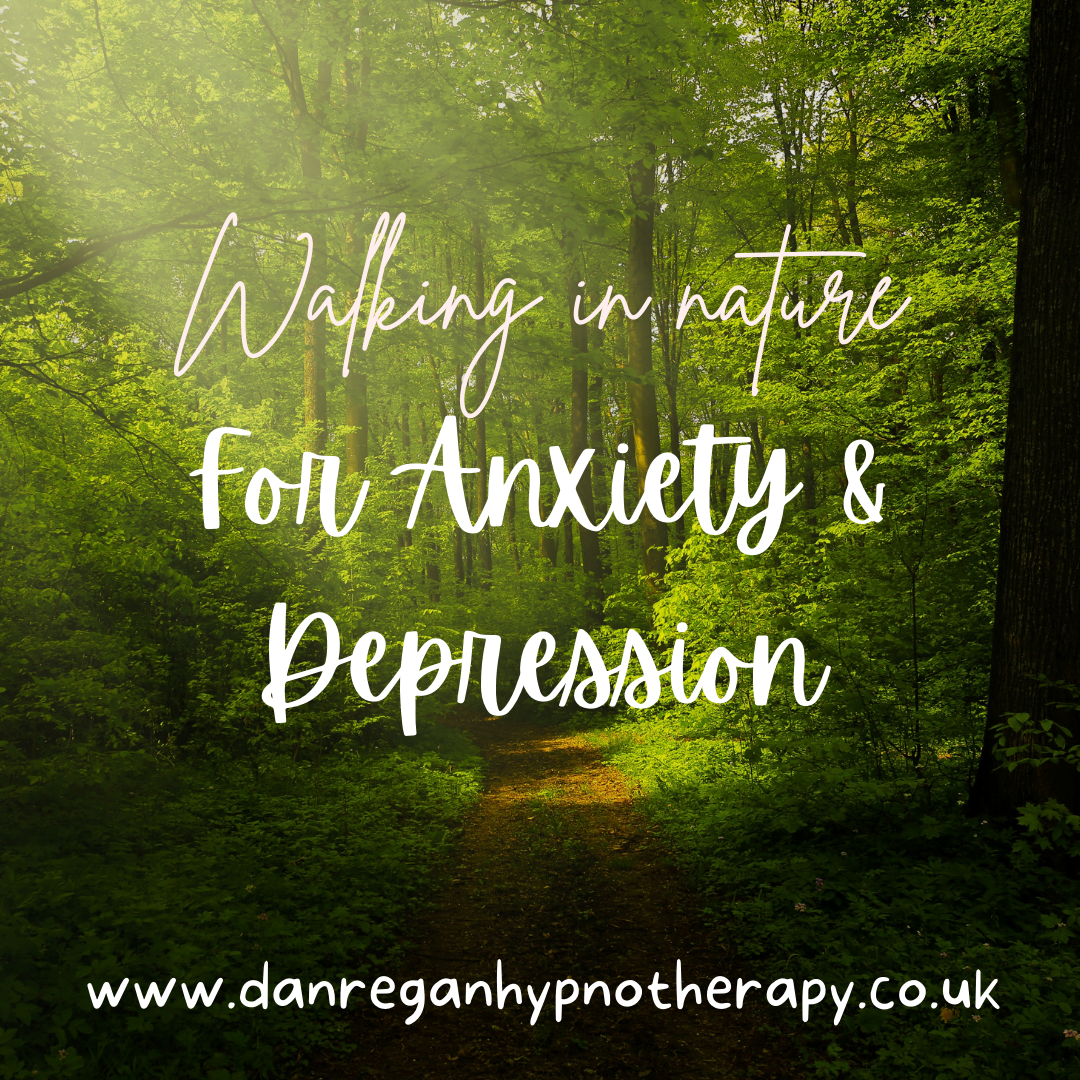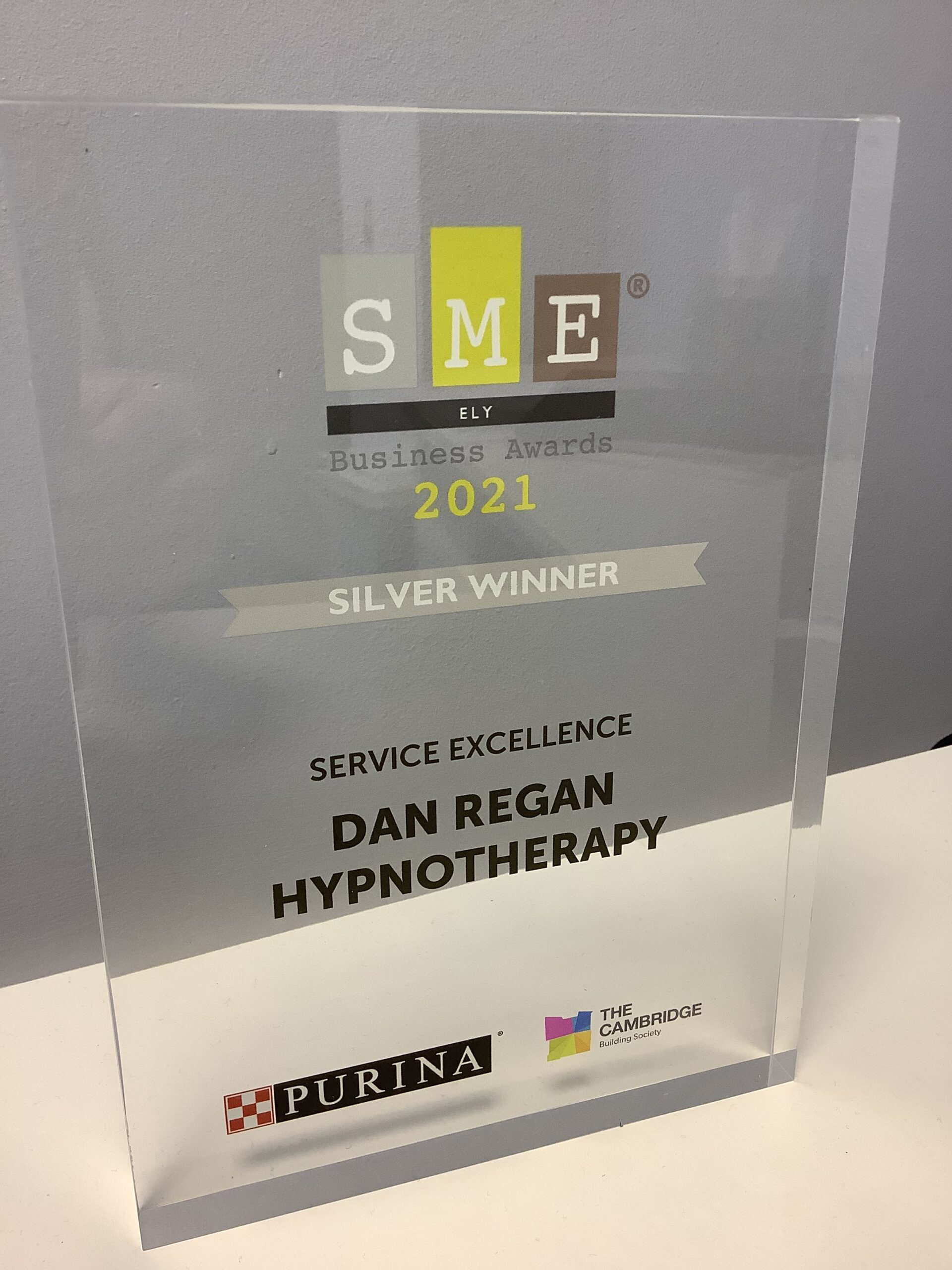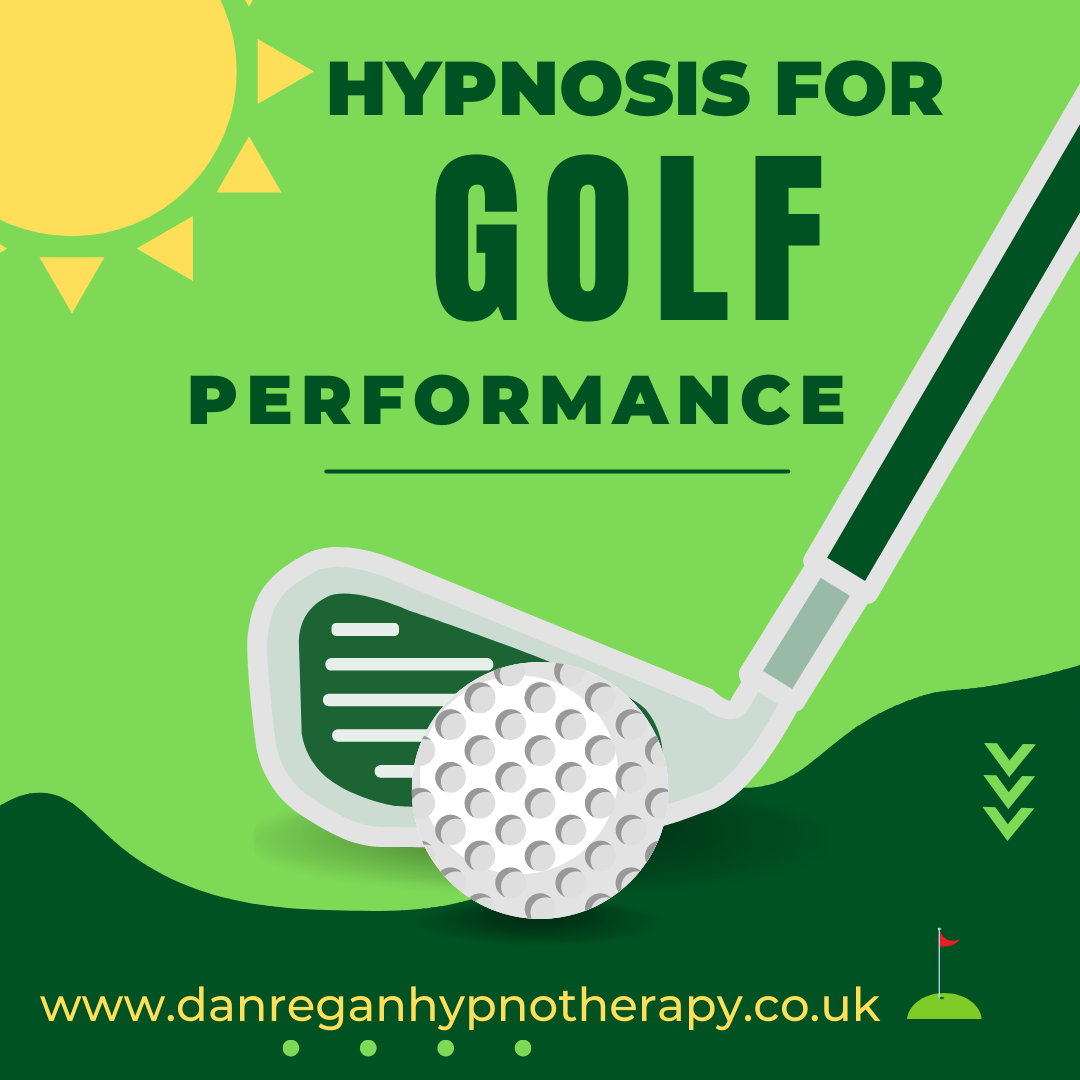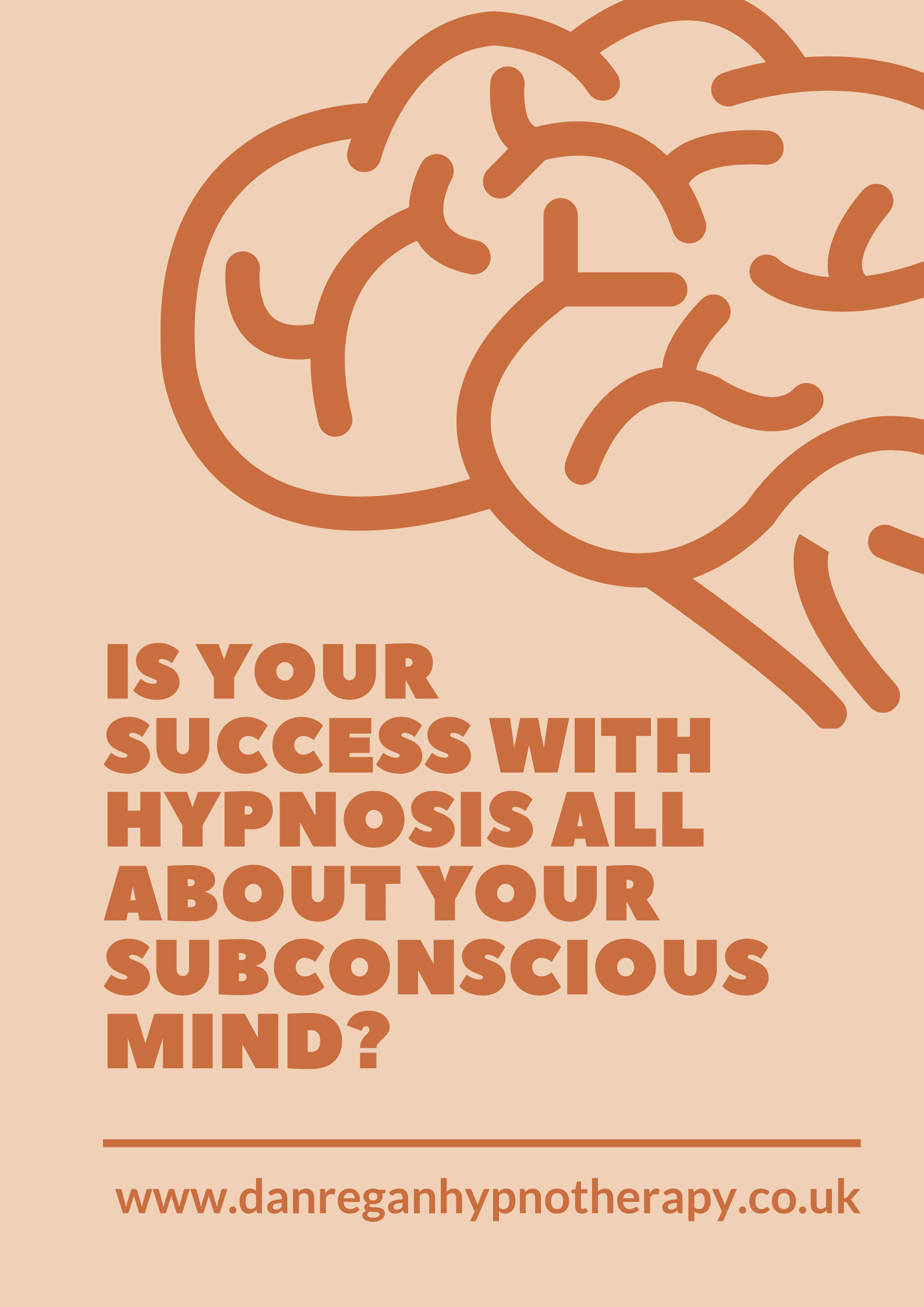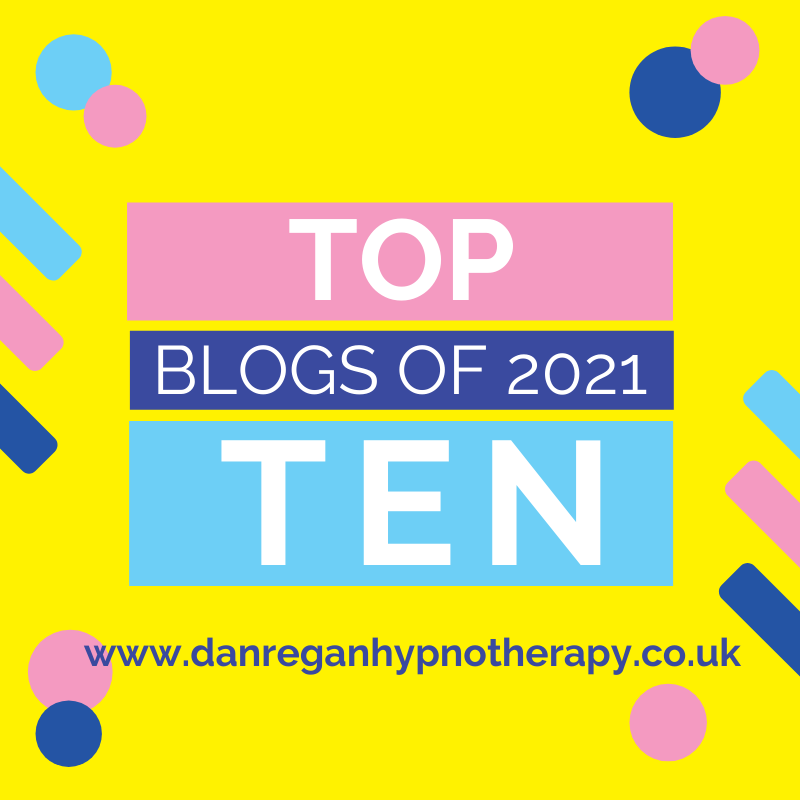Required
Mental Health and The Positive Impact of Pets…And Meet Frank!
Mental Health and The Positive Impact of Pets…And Meet Frank!
I’ve written before about the positive mental health impact that can come from having a pet. Naturally you need to have a pet that fits with your own individual circumstances, yet, the companionship, emotional support and need for routine can certainly bring you psychological benefits.
Sadly we lost our lovely rabbit, Nibbles, last year, but now we have a new arrival into the Regan household! So today I’d like to introduce Frank (although I’m not sure if that really is a proper name for a rabbit??!), who will shortly be joined by a companion.
So amongst all the excitement and playing with Frank the major decision right now is what to call his friend when she arrives? My vote goes to Jesse so that we create the namesakes of those famous outlaw brothers (Jesse and Frank James). Or how about Nancy, so that we have the father and daughter Sinatra named rabbits? Although knowing how things generally turn out in our house we’ll probably end up with a rabbit called Sparkles or Sniffer!
So here is the lovely Frank for you to meet…

